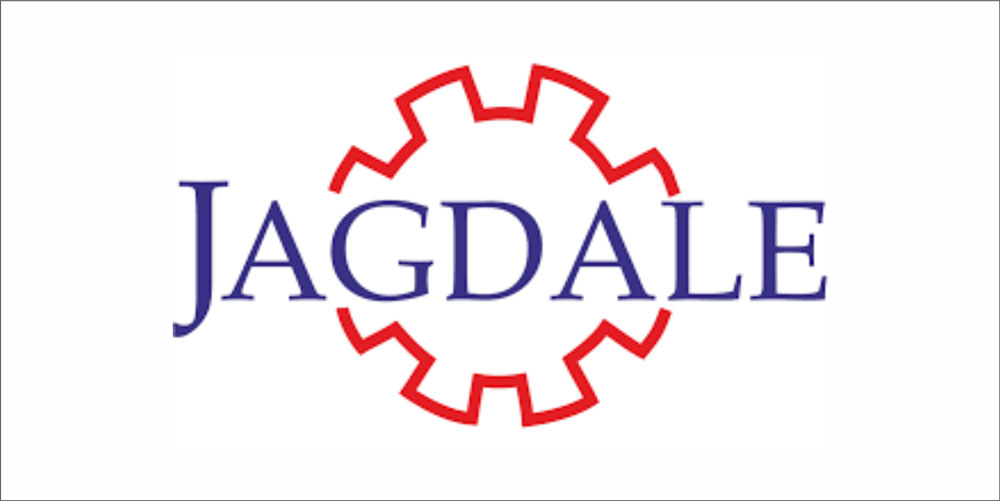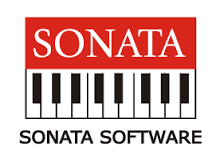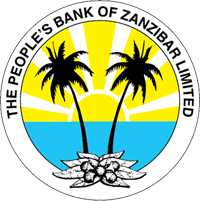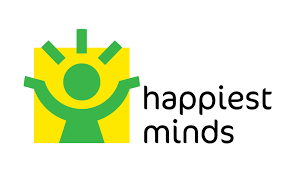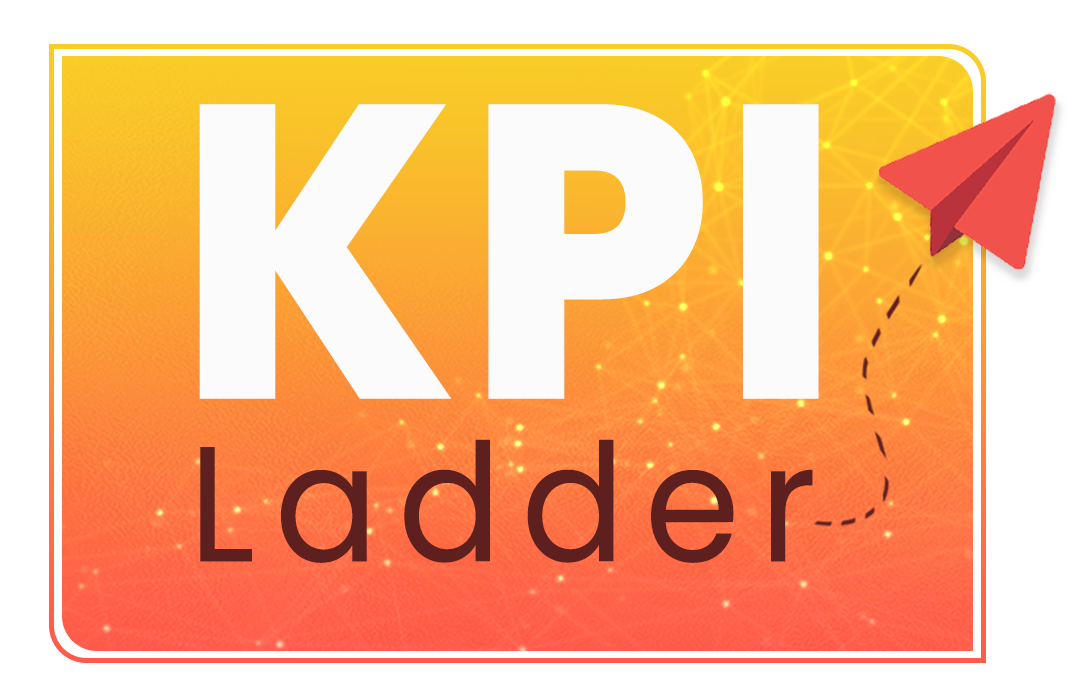Digital Signal Processing using MATLAB Masterclass
Unlock Your True Potential by Immersing in to Digital Signal Processing using MATLAB to leverage its power in the field of signal processing
*Based on feedback received from 200+ participants
- Equip your skills to leverage Digital Signal Processing using MATLAB
- Analyse, manipulate, and transform Digital Signals
- Design and implement Digital Filters
- Addressing Signal processing challenges
Get Your Brochure
By clicking the button below, you agree to receive communications via Email/Call/WhatsApp/SMS from kpi ladder about this programme and other relevant programmes.
Unlock Your True Potential by Immersing in to Digital Signal Processing using MATLAB to leverage its power in the field of signal processing
Digital Signal Processing using MATLAB Masterclass is an immersive journey into thorough understanding of fundamental concepts and practical applications in the field of signal processing
*Limited offer seats available. Claim yours now
Programme Overview
“Digital Signal Processing using MATLAB Masterclass,” is designed to provide participants with a thorough understanding of fundamental concepts and practical applications in the field of signal processing.
- Thorough understanding of fundamental concepts and practical applications in the field of signal processing
- Participants will gain the necessary knowledge and skills to effectively analyze, manipulate, and transform digital signals
- Participants will delve into various topics, starting with Discrete Fourier Transforms, which cover definitions, properties, and techniques such as circular convolution and linear convolution
- The course then progresses to Fast Fourier Transforms (FFT) algorithms, including decimation in time and frequency algorithms, and inverse radix-2 algorithms, enabling participants to efficiently compute FFTs
- Participants will learn to design IIR filters, including popular types like Butterworth and Chebyshev filters, using different transformation methods
- Realisation techniques for IIR systems, including direct form, cascade form, and parallel form
- Participants will gain expertise in designing Finite Impulse Response (FIR) digital filters using various windowing techniques and frequency sampling techniques
- Hands-on experience in implementing DSP algorithms, performing linear and circular convolutions, computing discrete Fourier transforms, designing and implementing digital filters, and more
- By the end of this course, participants will have a solid foundation in Digital Signal Processing theory, practical skills in using MATLAB in various domains
Who is this Programme for?
- This course is ideal for DSP Professionals / Business users /Researchers from Finance background who Possess a basic understanding of financial concepts such as investment, risk management, compliance, and portfolio management
- Basic proficiency in MATLAB programming
- Participants should have a fundamental understanding of signals, systems, and their properties & mathematical concepts underlying digital signal processing
Programme Highlights
30+ Hours of Live and Face-to-Face Learning
Linear convolution & Circular convolution of two given sequences
Autocorrelation of a given sequence and verification of its properties.
Linear convolution & Circular convolution of two sequences using DFT and IDFT
Design and implementation of FIR filter to meet given specifications
Design of digital Butterworth filter by impulse invariant transformation and bilinear transformation
Realisation of FIR systems - direct form, cascade form, linear phase form
Design of FIR digital filters by use of windows, Design of FIR digital filters-frequency sampling techniques
Learning Outcomes
Enhance your skills in the field of Digital Signal Processing
Discrete Fourier Transforms, which cover definitions, properties, and techniques such as circular convolution and linear convolution
Fast Fourier Transforms (FFT) algorithms
Boost efficiency and productivity: Automate tasks and personalise experiences with ChatGPT-powered tools
ChatGPT Deployment & Scaling its Applications for enterprise-level finance operations
ChatGPT Deployment and Addressing security and privacy concerns
Leveraging ChatGPT for risk identification and mitigation strategies & Building a risk identification model using ChatGPT
ChatGPT Deployment and Future Trends in Finance:
Stay ahead of the curve: Explore emerging trends and applications of ChatGPT in the Fintech world.
Join our Gen AI Business Leaders Club
Upon completion of the Gen AI for Business Leaders programme, participants can register with a one-time registration fee of INR 5,000 + GST to receive the prestigious Gen AI for Business Leaders Club .
- Be part of a huge network with fellow leaders and build a community of practice.
- Time to time update on the new versions/tools/researches/projects
- Complete discount of 30% for any upcoming program by Kpiladder
- Lifelong access to the recording of the webinar
- 10% group discount on the fee for referring participants (minimum group of Three)
Programme Modules
- Definitions, properties- linearity, shift, symmetry properties
- Lab Session 1: Verification of Sampling theorem
- Properties - circular convolution
- Lab Session 2: Linear convolution of two given sequences
- Properties - periodic convolution, use of tabular arrays, circular arrays
- Lab Session 3: Circular convolution of two given sequences
- Stockham's method
- Lab Session 4: Autocorrelation of a given sequence and verification of its properties
- Properties - linear convolution, two finite duration sequences
- Lab Session 5: Cross- correlation of given sequences and verification of its properties
- Properties - linear convolution, one finite and one infinite duration sequence
- Lab Session 6: Solving a given difference equation
- Introduction, decimation in time algorithm
- Lab Session 7: Computation of N point DFT of a given sequence and plot magnitude and phase spectrum
- 2 Decimation in time algorithm - first decomposition, number of computations
- Lab Session 8: Linear convolution of two sequences using DFT and IDFT
- 3 Decimation in time algorithm - continuation of decomposition, number of multiplications
- Lab Session 9: Circular convolution of two given sequences using DFT and IDFT
2 algorithms Lab Session 10: Design and implementation of FIR filter to meet given specifications
- 1 Introduction, impulse invariant transformation
- Lab Session 11: Design and implementation of IIR filter to meet given specifications
- Design of FIR digital filters by use of windows, Design of FIR digital filters-frequency sampling techniques
Esteemed customers who deeply appreciate and support our services





